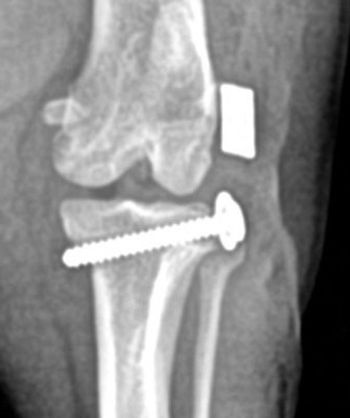
|Articles|October 1, 2009
Daily Dose
Your daily dose of clinical tips and quips: Ureteroliths.
Advertisement
Untitled Document
“Clinicians should be aware that the ureteroliths may move retrograde into the renal pelvis or spontaneously pass into the urinary bladder. Azotemia may improve or resolve in either instance.”
Advertisement
-Joseph Harari, MS, DVM, DACVS
From
Newsletter
From exam room tips to practice management insights, get trusted veterinary news delivered straight to your inbox—subscribe to dvm360.
Advertisement
Advertisement
Advertisement
Trending on dvm360
1
Wrap up: Dog food recalled following plastic contamination complaints, and other news
2
Frozen dog food voluntarily recalled following complaints of plastic contamination
3
Tailor lymphoma treatment to each patient
4
UC Davis veterinary school adopts use of AI scribe platform
5






